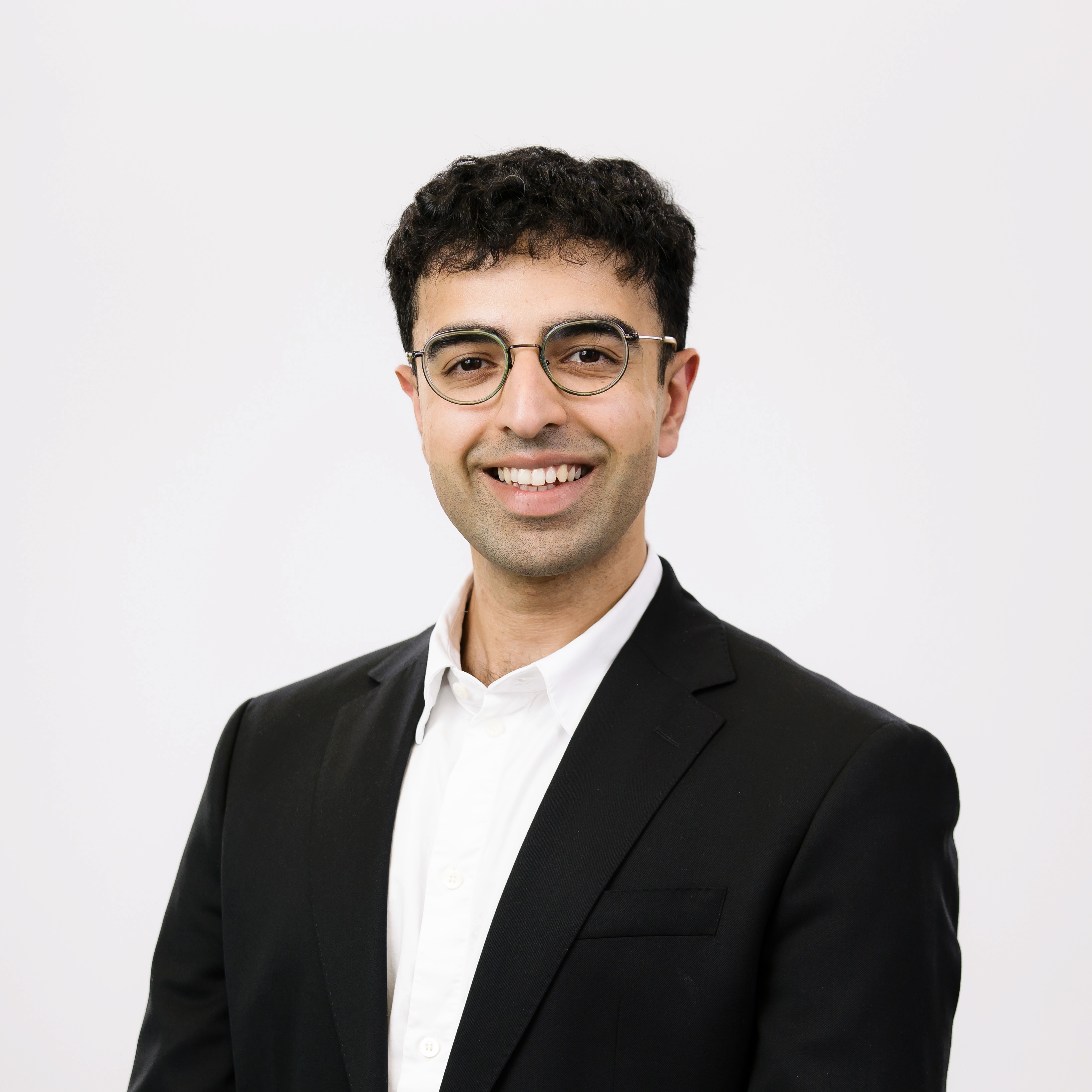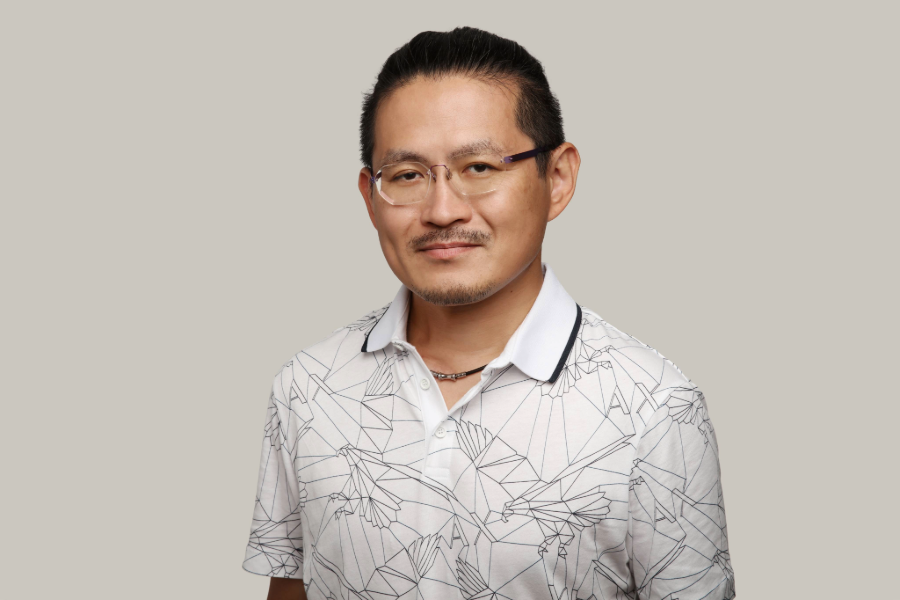A conversation with Jonno Evans, IQ Capital, and Ismail Sami CEO, Molyon
We were delighted to invest in Molyon’s first funding round in 2024. Here, Jonno Evans spoke to CEO Dr Ismail Sami about the company, the breakthrough and vision for Molyon.
Jonno: Tell us a bit about Molyon - what do you do?
Ismail: Molyon is developing next generation lithium-sulfur batteries for a step change in battery performance. Current lithium-ion batteries are hitting their limits in performance so we need to look at next generation chemistries which can get us more range in our electric vehicles, for example, and which are more sustainable. Lithium-sulfur batteries can do both.
What was the insight that led you to start the company? What was the breakthrough?
During my PhD in the Chhowalla Group at the University of Cambridge, I made a breakthrough in the materials we were researching. This led to our discovery that molybdenum disulfide has the right characteristics to enable high energy and long life lithium-sulfur batteries.
Was it a lightbulb moment? Or a breakthrough that was years in the making?
I wish it had been! But in truth it was an iterative process made painstakingly over years of materials science research, along with being in the right space at the right time. Batteries are incredibly sensitive to changes in their materials, and so a lot of testing and tweaking to our molybdenum disulfide allowed us to demonstrate the best cathode for lithium-sulfur batteries.
Li-S batteries have been tried before .. why did they fail before and what gives you confidence that this time is different?
Lithium-sulfur batteries have been known about for decades, but their commercialisation has been hindered by some inherent limitations. At the chemistry level, lithium reacts with sulfur which gives rise to high energy density, but sulfur can dissolve into the electrolyte which causes corrosion and quick failure of lithium-sulfur batteries. This has been the main barrier to lithium-sulfur development, until now. We have found that previous solutions which involved carbon based additives to the sulfur don’t solve for this sulfur dissolution issue. But our molybdenum disulfide solves it - which means we now have a realistic shot at scaling and commercialising lithium-sulfur batteries for the first time, which is really exciting given their potential!
Tell us about that potential? How good could Li-S batteries get?
Lots of people will have heard of Li-S being called the holy grail of batteries, and there’s a reason for that! Li-S has the greatest potential for all mainstream electrochemical battery chemistry alternatives to lithium-ion (Li+), with more than 4 times the theoretical capacity of Li+. To put this in context, the Li+ battery in a top of the range Tesla today has an energy density of around 260 Wh/kg; we’ve already hit 500 Wh/kg and are just getting started... So we’re talking about a meaningful step change, even at today’s levels. And on top of that, Li-S batteries don’t depend on several critical metals that are common in Li+ batteries like cobalt, so there are supply chain and geopolitical advantages too.
The battery industry is tough - why are you the people to do this?
The biggest breakthroughs in battery chemistry occur on the materials level, and Molyon has done exactly that. 15 years of materials research in Professor Manish Chhowalla’s group in Cambridge have led to Molyon. We bring together a unique mix of understanding the chemistry, the material science, and the commercials, including through Sai (co-founder of Molyon, and CEO of Nyobolt) and our amazing advisors. And being based in Cambridge means that we also have access to brilliant talent to build out the team.
Why have you chosen to devote your energy to this problem? How does the world change if this works at scale?
We need to get to net-zero, and the path to building a renewable energy dependent economy means electrifying our economy. But current batteries in transport for example are not good enough yet for adoption and alleviation of range anxiety. More so, current batteries contain numerous metals with concentrated supply chains. Our lithium-sulfur batteries can make a positive global impact and this ultimately drives the team at Molyon.
Moreover, China clearly dominates the Li+ market and the rest of the world has found it difficult to compete. This is an opportunity to build a new industry around next-gen batteries like Li-S where we have a technical and talent head start, and the potential to compete and win at the global level.
Why is now the right time to go after this problem?
This year alone battery demand has increased by 20%, and so while there may be a slow down in EV uptake, battery demand continues to increase rapidly year on year. There has never been a bigger need for higher performance, more sustainable batteries.
How are you going to get there?
We’re just starting our commercial journey, but Molyon’s technology platform provides a path for a lithium-sulfur future. Our next steps are to build out our pilot facility in Cambridge, scale up our material, and demonstrate commercial lithium-sulfur batteries for a range of potential applications from drones to EVs. We can’t wait to get going!








